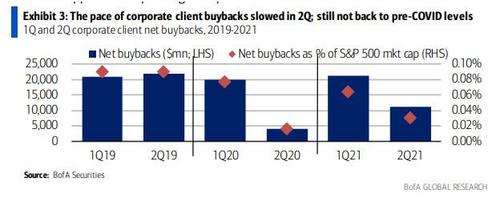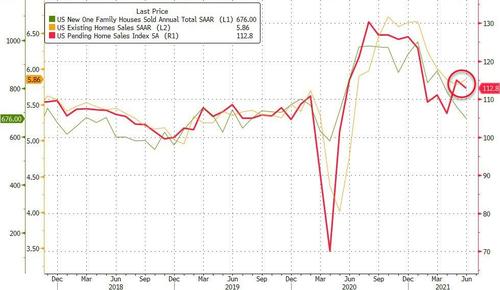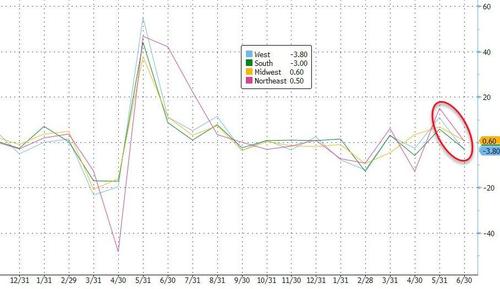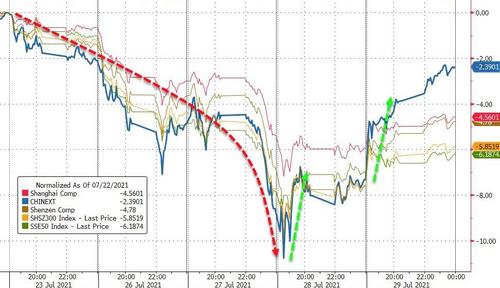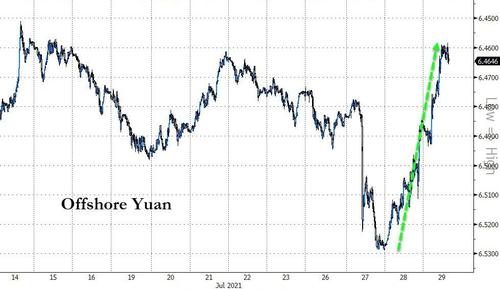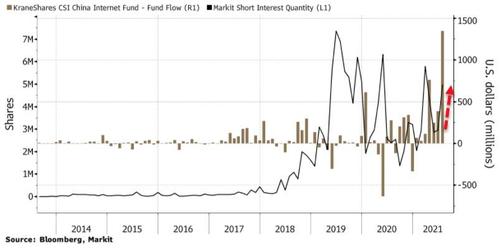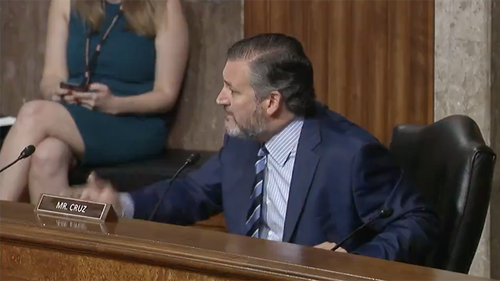
Landlords are arguing in a new lawsuit that the federal government’s eviction moratorium is an uncompensated taking of their property. A recent U.S. Supreme Court decision might see them succeed.
On Tuesday, a group of large rental housing owners and the National Apartment Association (NAA), a trade association, filed a lawsuit against the U.S. government in the U.S. Court of Federal Claims demanding compensation for the rental income they’ve lost during the pandemic.
Their lawsuit says that the eviction moratorium imposed by the Centers for Disease Control and Prevention (CDC)—which bars the removal of nonpaying tenants who sign declarations of financial hardship—forced them to house delinquent renters in lieu of tenants who could pay their bills.
That, they say, represents a seizure of their property under the Fifth Amendment’s Takings Clause, and that they are therefore entitled to just compensation.
“Plaintiffs seek just compensation for the deprivation of their property rights and the value of the property taken or illegally exacted by the Government,” reads the complaint. “This includes the amount of rental income Plaintiffs would have received in the absence of the physical occupation and taking or exaction of their property and property rights under and as a direct result of the CDC [eviction moratorium].”
“Even with the amount of money that Congress has authorized, it’s not enough to cover the rent debt that is out there,” says Bob Pinnegar, president of the NAA. “It’s obvious that the federal government does not have the political will to authorize more dollars.”
The COVID-19 relief bills passed in December 2020 and March 2021 included $46 billion in funding for emergency rental relief—the rollout of which has been painstakingly slow in some states. The NAA estimates on its website that there’s another $26 billion in rental debt not covered by those funds.
“Ultimately we want to see this industry made whole for the burden that’s been imposed upon us,” says Pinnegar.
Thus far, most lawsuits challenging the federal government’s eviction moratorium have focused on whether the CDC overstepped its authority by imposing it. The takings claim made by the NAA and its fellow plaintiffs, and the demands for compensation, are more novel.
That’s partly a result of timing, says Ethan Blevins, an attorney with the Pacific Legal Foundation.
“One of the reasons there hasn’t been a takings claim to date is that the moratorium isn’t over. Damages are accruing as we speak,” says Blevins. With the CDC’s moratorium set to expire at the end of the month, however, a lawsuit on those grounds now makes more sense.
Helping the NAA’s case is a U.S. Supreme Court decision in the Cedar Point Nursery case handed down in June. That decision found that a California law requiring employers to give union organizers access to their property was a taking, and thus entitled those employers to compensation.
“The Supreme Court gave a big boon to challenges to these moratoria on Takings Clause grounds,” said Blevins. “All you have to show is that the government has authorized a temporary invasion of private property and this really does look like that. The CDC moratorium, even though it’s temporary, requires landlords to allow a tenant who’s in breach of the lease agreement because of nonpayment to occupy the premises.”
The much stickier question is how much compensation the government might actually owe landlords for this taking, as well as how much is fair to ask taxpayers to cover.
The NAA is asking for the government to cover all rent landlords would have been paid in the absence of the CDC’s eviction order, which it claims is in excess of the $46 billion already appropriated for rent relief. The lawsuit notes that the CDC has justified its moratorium on the grounds that 30–40 million renters would be at risk of eviction without the agency’s protection.
That estimate, published by the Aspen Institute in August 2020, is quite likely overblown. Despite the warnings of advocates, evictions have been below historic averages most everywhere during the pandemic, even in places covered only by the much more limited moratorium imposed by the March 2020–passed Coronavirus Aid, Relief, and Economic Security (CARES) Act. (That policy expired in July 2020. The CDC’s eviction moratorium went into effect in September.)
That suggests that, in the absence of a federal eviction moratorium, many landlords would still have kept on delinquent tenants who’ve accumulated thousands in rental arrears. Even if they didn’t, their chances of recovering thousands in back rent from former tenants via small claims lawsuits is unlikely.
This is one of the reasons that some state-level landlord groups have been accepting of various state rent relief programs that only cover a portion of rent debt. When California passed a law in January 2020 extending eviction protections while promising to cover 80 percent of the rental debt owed to landlords, housing providers in the state shrugged.
It’s “an option that most owners will find acceptable because I think they understand going forward that it will be extremely difficult for a tenant to pay any of that past rent, because in some cases, it’s a pretty high bill,” Debra Carlton of the California Apartment Association told Reason in February.
The federal eviction moratorium is thus putting taxpayers in a position of potentially having to cover the losses of the rental housing industry that housing providers would have otherwise had to absorb; regardless of what limits on eviction were in place.
That doesn’t mean eviction moratoriums are costless.
Pinnegar says that landlords and hard-pressed tenants have generally been able to work out deals during the pandemic, but that eviction moratoriums have enabled some renters to “ghost” landlords trying to figure out an arrangement.
Had we not had a blanket ban on evictions, property owners would have had a lot more discretion to cut deals with good-faith renters and evict bad actors.
As a legal matter, the fact that the eviction moratorium doesn’t forgive tenants’ obligation to pay rent will also complicate things when determining what compensation the government might owe landlords.
“Technically, tenants are still on the hook [for rent]. One of the government’s major arguments [will be] is that where is there’s a third party here who still owes this debt, the government is not the correct party to be on the hook for that money,” says Blevins.
The NAA filed its lawsuit yesterday. Pinnegar says his organization is prepared to take it all the way up to the Supreme Court.
from Latest – Reason.com https://ift.tt/3yco6MJ
via IFTTT

